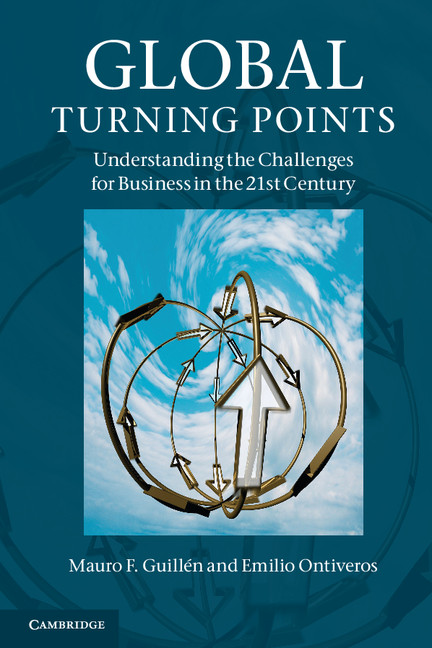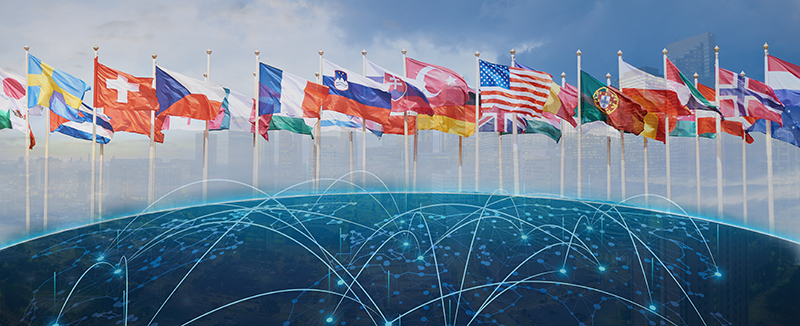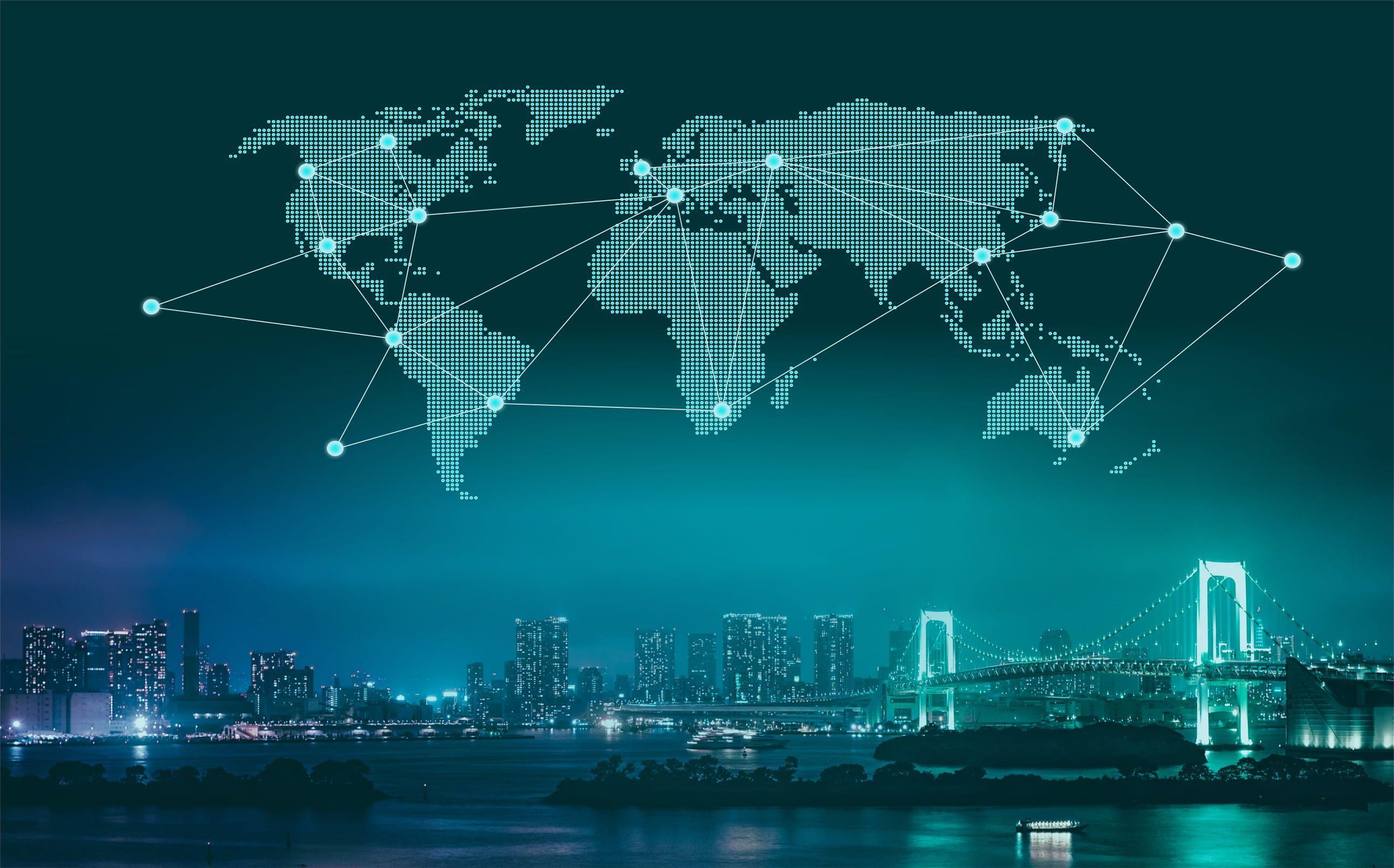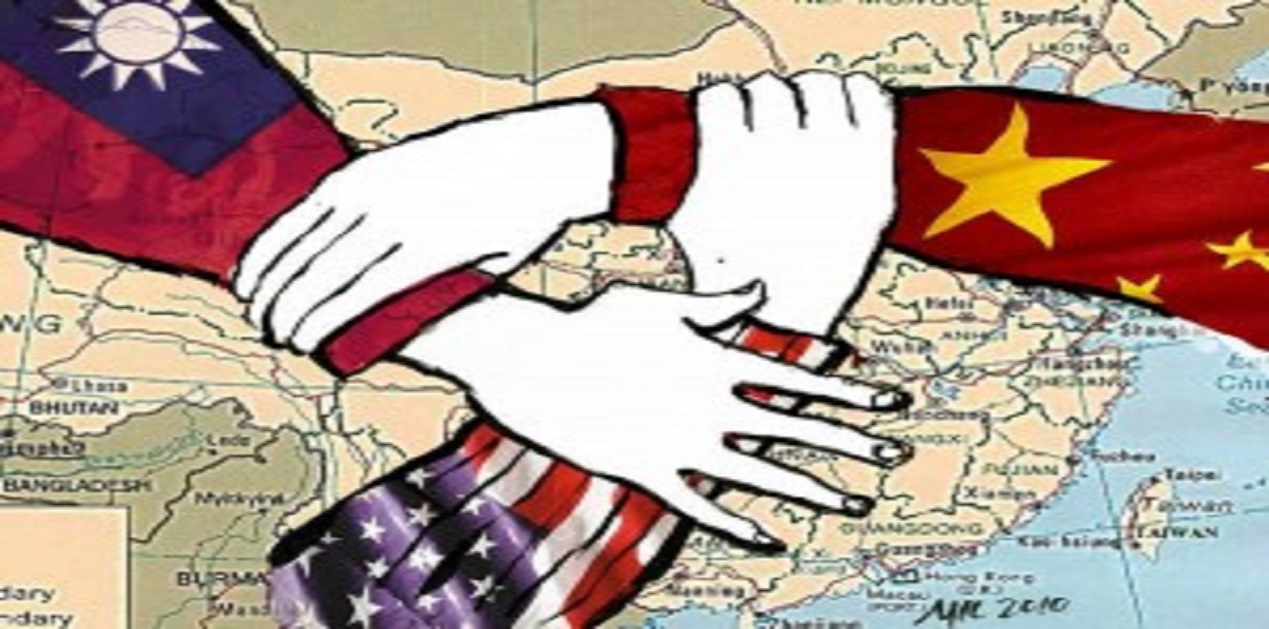20, Oct 2023
Around 2014: A Turning Point In Global Affairs
Around 2014: A Turning Point in Global Affairs
Related Articles: Around 2014: A Turning Point in Global Affairs
- College Application Deadlines 2025: A Comprehensive Guide
- 20251 N 75th Ave, Glendale, AZ 85308: A Comprehensive Overview
- NYC School Calendar 2024-2025: A Comprehensive Guide
- Countdown To 2025: The Race To Achieve The Sustainable Development Goals
- 2025 Tamil Calendar: A Comprehensive Guide
Introduction
With enthusiasm, let’s navigate through the intriguing topic related to Around 2014: A Turning Point in Global Affairs. Let’s weave interesting information and offer fresh perspectives to the readers.
Table of Content
Video about Around 2014: A Turning Point in Global Affairs
Around 2014: A Turning Point in Global Affairs

The year 2014 marked a pivotal juncture in global affairs, characterized by a series of events that profoundly reshaped the international landscape. From the outbreak of the Russo-Ukrainian War to the rise of the Islamic State of Iraq and Syria (ISIS), the world witnessed a surge in geopolitical tensions and the emergence of new threats to global stability.
The Russo-Ukrainian War
The Russo-Ukrainian War, which erupted in February 2014 following Russia’s annexation of Crimea, sent shockwaves through the international community. The conflict marked the first major European war since the breakup of Yugoslavia and raised concerns about the resurgence of Russian expansionism. Western powers condemned Russia’s actions and imposed sanctions, while Russia retaliated by supporting separatist movements in eastern Ukraine. The war has continued to simmer, with periodic outbreaks of violence and ongoing diplomatic efforts to resolve the crisis.
The Rise of ISIS
In 2014, the Islamic State of Iraq and Syria (ISIS) emerged as a formidable terrorist organization, rapidly gaining control of vast territories in Iraq and Syria. ISIS’s brutal tactics and extremist ideology posed a significant threat to regional and global security. The group’s expansion prompted a multinational military coalition, led by the United States, to launch airstrikes and provide military assistance to Iraqi and Syrian forces. The fight against ISIS became a major focus of international efforts to combat terrorism.
The Ebola Outbreak
The Ebola outbreak of 2014 was the largest and deadliest in history, claiming over 11,000 lives in West Africa. The virus spread rapidly through Guinea, Sierra Leone, and Liberia, overwhelming healthcare systems and causing widespread panic. International organizations, including the World Health Organization (WHO), provided emergency assistance and developed experimental vaccines to contain the outbreak. The crisis highlighted the need for improved global health infrastructure and coordination.
The Annexation of Crimea
Russia’s annexation of Crimea in March 2014 was a blatant violation of international law and a major setback to the post-Cold War order. The move sparked condemnation from the West and led to a series of diplomatic and economic sanctions against Russia. The annexation also raised concerns about the future of Ukraine and the stability of Eastern Europe.
The Outbreak of the Syrian Civil War
The Syrian Civil War, which began in 2011, escalated in 2014 with the rise of extremist groups such as ISIS. The conflict became a humanitarian crisis, with millions of people displaced and thousands killed. International efforts to find a political solution proved elusive, and the war continues to destabilize the region.
The MH17 Tragedy
In July 2014, Malaysia Airlines Flight 17 was shot down over eastern Ukraine, killing all 298 passengers and crew. The incident sparked international outrage and led to further sanctions against Russia, which was accused of supplying the separatists with anti-aircraft missiles.
The Rise of Social Media
Social media platforms, such as Facebook and Twitter, played an increasingly significant role in global affairs in 2014. They provided a platform for citizen journalism, activism, and political discourse. However, they also became a tool for the spread of misinformation and propaganda, particularly in the context of conflicts such as the Russo-Ukrainian War and the rise of ISIS.
Technological Advancements
The year 2014 witnessed significant technological advancements, including the launch of the first commercial drones and the development of artificial intelligence (AI). These technologies had the potential to transform various sectors, including transportation, warfare, and healthcare. However, they also raised ethical and security concerns.
Economic Challenges
The global economy faced challenges in 2014, including slow growth in developed countries and falling oil prices. The Eurozone crisis continued to cast a shadow over the European economy, while emerging markets faced economic headwinds. The International Monetary Fund (IMF) warned of the potential for a global recession.
The Legacy of 2014
The events of 2014 had a profound impact on the global landscape. The Russo-Ukrainian War and the rise of ISIS created new geopolitical challenges, while the Ebola outbreak highlighted the need for improved global health infrastructure. Technological advancements and social media transformed communication and information dissemination, while economic challenges tested the resilience of the global economy.
The year 2014 marked a turning point in global affairs, shaping the course of international relations for years to come. It was a year of crises, conflicts, and technological breakthroughs that left an enduring legacy on the world.







/bnn/media/post_attachments/content/uploads/2023/12/israel-gaza-conflict-20231214161509.jpg)
Closure
Thus, we hope this article has provided valuable insights into Around 2014: A Turning Point in Global Affairs. We hope you find this article informative and beneficial. See you in our next article!
- 0
- By admin